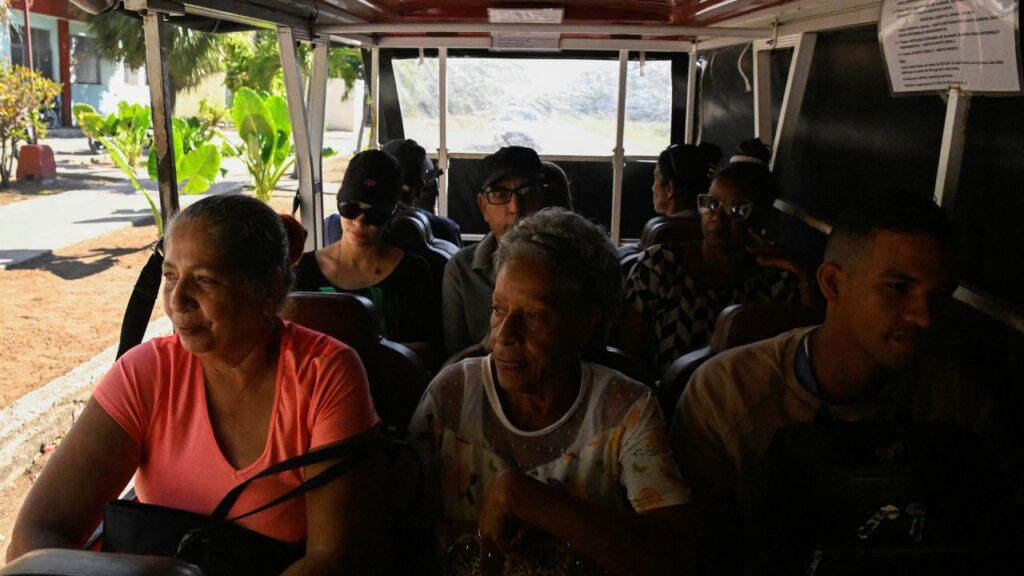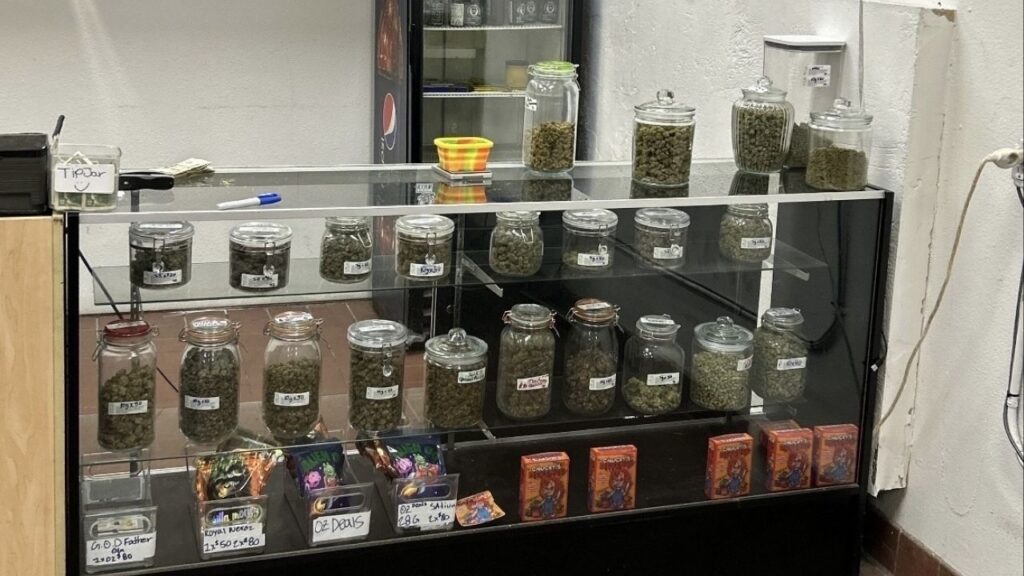Share
![]()
■Fresno State’s Kremen School of Education is offering a new credential for literacy specialists and reading coaches.
■The program comes as California ramps up efforts to improve students’ reading proficiency, which lags other states.
■But a debate rages over whether the “science of reading” will achieve the gains educators and state leaders seek.
Literacy — and the nation’s lack of it — has garnered big headlines lately. There’s a growing sense of crisis over the inability of millions of students to read at grade level and the resulting economic costs to the students as well as local communities and the nation.
Even though teaching children how to read, write, and do math are basic expectations for teachers, many emerge from schools of education with only a cursory introduction into teaching reading. And how they teach it can depend on which model — whole language, balanced literacy, or the latest, the “science of reading” — is in vogue when they get their credential.
To augment the classroom teacher, schools have engaged teachers with more training as reading specialists to work with students. Meanwhile, literacy coaches work with other teachers on how best to improve students’ reading proficiency.
In recognition of the growing emphasis on literacy and the need for better-trained teachers, this year Fresno State began offering a new reading and literacy leadership specialist credential program that will accelerate the education of literacy-focused teachers.
The new credential program comes as the state is beefing up literacy among the foundational skills that teachers are expected to know.
Recognizing A Need

One of the students in the new Fresno State program is Amanda Pelichowski, who teaches a combination second-third grade class at Lee Vining Elementary in Eastern Sierra Unified School District. Pelichowski decided last year that she needed to sharpen her skills in teaching reading after she saw one of her second-grade students struggling.
The student was a whiz at solving math problems when they involved only numbers, but “I was noticing it was her word problems where her grade would come down or she wasn’t having that understanding because she couldn’t read it. And I was like, ‘OK, there has to be more than the curriculum that’s in front of me to be able to help her,’ ” she recalled.
Pelichowski said she started investigating different reading and language arts programs. She talked to her fellow teachers, and they shared various concepts. While it was helpful, Pelichowski felt like she needed more.
“What am I going to take into my classroom and actually do today? Not just theories or ideas, not looking on Teachers Pay Teachers (an online site for educational materials), all of these resources are phenomenal, and they have their places,” she said. “But I needed something that I can hands-on do with my students to elevate them. Like, there has to be more to do.”
When she reached out to Fresno State, her alma mater for her bachelor’s degree and teaching credential, she heard back immediately from Professor Lisa Bennett and learned about the new one-year program that was being launched. It seemed to offer the type of literacy instruction and resourcing she sought.
And, because the course is offered virtually, Pelichowski can work with Bennett and other students scattered across the Valley and eastern Sierra through online sessions.
Accelerated Credential

Bennett, an associate professor in Fresno State’s Kremen School of Education and Human Development who specializes in literacy instruction, said she realized that the growing calls at the local, state, and national levels for improvements in students’ ability to read would spark a need for better — and faster — literacy training for teachers.
Up to now Fresno State had offered a 2½-year master’s credential program for literacy specialists, but the length of time required discouraged many candidates from applying.
A special focus on literacy is key, because many teachers complete their credential with only theoretical instruction on literacy, she said. And some, like Bennett, earned their credential decades ago when the whole language method was in vogue.
Pelichowski recalls that the coursework for her teaching credential included how to teach reading, but it was mostly about theories and best practices and the main topics that teachers need to know before starting their careers.
The new Fresno State program, by contrast, “really gets in there and it really focuses you on what do your students need,” she said. “How are you going to help them? How are you going to problem-solve if you can’t get there? Okay, we can try this task, but if this doesn’t work, what am I going to do?
“So it’s giving me more ideas, more problem-solving skills. And it’s giving me this sense of understanding of what each part is important, and not just this like broad ‘OK, let’s do phonics for five minutes.’ It’s ‘why are we doing this?’ It’s teaching us this explicit instruction and what that means.”

Pelichowski’s principal at Lee Vining Elementary, Jeanne Sassin, recalled that her teacher credential training in the 1990s included hearing from a panel of reading teachers. On that panel: a 92-year-old retiree who related how debates over the best methods to teach reading have raged for more than a century.
The Fresno State program requires each student to keep a supervisor involved in what the student learns during the credential program.
Sassin said she was impressed that Fresno State’s program involves actual science, which she said is something that not every primary teacher has a background in.
“So it’s very difficult to get the science in there in a way that it really is internalized into the programs and also into our practice,” she said. “And I think one of the things that the Fresno State program does, which is why I was like, ‘Mandy, this is like a gem,’ is that everything is research-based, everything is diagnostic and intentional, and it needs to be based in science.
“And when you do it that way, you literally can figure out and home in on the exact thing that that kid needs and then do it and see whether it works or not.”
Although Fresno State’s first group of 11 students are teaching in districts scattered across the Valley and Sierra regions, groups also could consist of teachers from a single district, Bennett said. That way, the Fresno State program can be tailored to the instruction of each district’s current curriculum. She said she plans to cap each grouping at 15 students.

Something Needs to Change
How best to teach reading has been widely debated for many years, and those debates continue. Whole language, now discredited, involved using pictures and talking about the meaning of texts, rather than focusing on teaching children how to sound out words.
The preferred method of instruction shifted from whole language to balanced literacy, which was a blend of whole language with skills building.
The latest is a structured literacy approach based on the science of reading. It not only depends on students learning the sounds of letters and words, building vocabulary, fluency, and comprehension, but also includes diagnostic feedback and responsiveness to assessments.
In recent years, the state of California has moved toward endorsing the science of reading. But because districts are locally controlled, and absent state legislation, it’s been up to districts to decide whether to move toward that teaching method.
But that kind of local control and decision-making would end if the state Legislatures passes Assembly Bill 2222. The bill requires districts to adopt a comprehensive, evidence-based approach to teaching reading.
AB 2222 is backed by Sacramento-based nonprofit EdVoice, now headed by Marshall Tuck, who ran for California superintendent of public instruction in 2014 and 2018.
However, its opponents include advocates for English language learners. They say that those students will be harmed and that the current framework, if properly implemented, would raise reading proficiency for all students.
At the local level, student literacy became a top priority last year for Fresno Unified when Superintendent Bob Nelson announced an ambitious plan to have all students reading at grade level by the end of the first grade. It will be a big lift for the state’s third-largest district, where barely one-third of students were reading at or above grade level in the last state assessment and less than a quarter were at or above grade level for math.
School and district leaders have been working to develop literacy plans by high school regions over the subsequent year. Meanwhile, the School Board is scheduled at the March 20 meeting to consider a resolution supporting Science of Reading instruction.
More Money for Literacy Training
The new Fresno State credential comes at a critical time in the movement to improve student literacy, Bennett said. The state has devoted millions of dollars to improving student literacy, including providing training for reading specialists who work with students and literacy coaches who work with other teachers.
The state already has made a significant investment in boosting literacy with a $248 million allocation last year for literacy coaches and reading specialist grants. Fresno County’s share is $17.2 million, of which $9.7 million is going to 15 Fresno Unified elementary schools and the J.E. Young Academic Center.
Schools can use the money for a variety of needs, including hiring literacy coaches and reading specialists, developing a literacy plan, and increasing evidence-based literacy instruction.
Already Seeing Results
Pelichowski said her math whiz student, now one of her third graders, is one of the case studies that she has written about for the credential program. In addition to doing group work, Pelichowski keeps Sassin in the loop as she works one-on-one with students, employing the skills she’s learning through the Fresno State program.
And, in just a short period of time, she’s seeing good results: The student’s reading level climbed from preschool to second grade and continues to improve.
“Her writing has been phenomenal,” Pelichowski said. “You can see it throughout her reading, her spelling, her writing, and her general abilities to read. And, she likes reading in front of the class now.”
RELATED TOPICS:
Categories

Hey Ilia, America Is Still Proud of You.


















